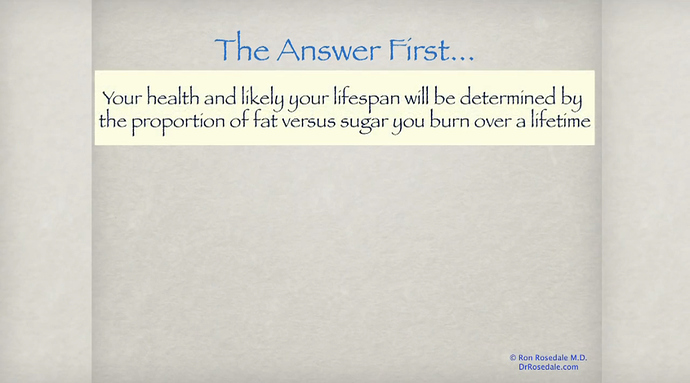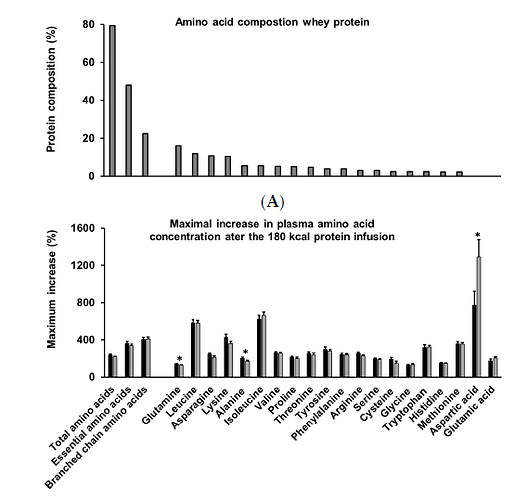Whoever wrote that appears to be misinterpreting things.
First, BCAA’s are primarily needed for building muscle, so yeah, most people don’t particularly need them, especially since they are inflammatory in quantity. The three I mentioned in my earlier post are required in the diet, however, though not in quantity unless one is building muscle.
Muscle breakdown is part of the process of building up muscle. The “worse for those who are in a fasted state” business appears to be a reference to autophagy, which could be described as a form of “breakdown,” I suppose.
And lastly, all amino acids “can cause an upswing in insulin.” Protein intake stimulates insulin secretion, but at a quarter to a half the rate that carbohydrate does. This is so well-known that we never mention it, especially since we have to have protein every day, so what are we going to do about it? Not only that, but without any insulin at all, we’d starve to death, so insulin at the right level is a good thing; it’s the excessively high insulin levels resulting from excessive carbohydrate consumption that cause the problem.


 In my case, I believe so.
In my case, I believe so.
